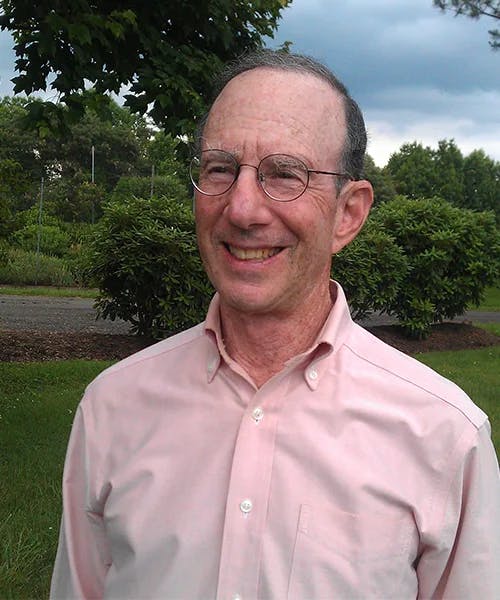Profile

Dr. Arthur I. Poland
Class: 1961Inducted: 2014
Dr. Arthur (Art) Poland, PhD, Class of 1961, graduated from the University of Massachusetts in 1964 with a B.S. in Astronomy. Immediately after graduation, he married Helen Mantell Poland, PhD, DVM, also class of 1961. He graduated from Indiana University in 1969 with a PhD in Astrophysics.
Upon completing his PhD, Dr. Poland became a post-doctoral fellow and then research scientist at the High Altitude Observatory (HAO), National Center for Atmospheric Research in Boulder, Colorado. His most significant work there involved research using a telescope on the NASA Skylab mission. Many months were spent working with the Skylab astronauts in Houston to optimize the data from that mission. During his last few years at HAO, Dr. Poland worked with another scientist to develop a new telescope that was plaxed into operation on Mauna Loa Hawaii.
In 1980, Dr. Poland moved to NASA Goddard Space Flight Center (GSFC) to work on Solar space missions. His work there developed from doing basic research to becoming the lead US Scientist of the international space research program, Solar and Heliospheric Observatory (SOHO). This program was aimed at obtaining a better understanding of the Sun and its interaction with the near Earth space environment. During his final years at NASA, Dr. Poland continued his work at GSFC, but also worked at NASA headquarters to help initiate a new program on Space Weather, how the Sun impacts our Earth and Earth technical systems. He was also the Senior Project Scientist for the program at GSFC.
Dr. Poland has received several awards during his career. The most significant include: the NCAR Technology Advancement Award, 1973; the European Space Agency SOHO Award, 1995; the GSFC Exceptional Achievement Award, 1996; and the NASA Exceptional Service Medal, 1998.
Art was born i Asvury Park, grew up on Emory St. and went to the Bond Street Grammar School. Art and his wife, Helen, have set up endowed scholarships for students in need at several universities.
When asked about what was most rewarding in his life and a statement that best reflects his life philosophy, Dr. Poland responded, "There are two areas of my life that have been particularly rewarding: as a NASA scientist I had the position and resources to give young scientists in less developed countries the opportunity to get a start in space research; I also was given the opportunity to travel to schools throughout the country and share my knowledge and excitement about space research with young children."
A statement that best reflects his life philosophy is: "We were put on this planet to help other people"